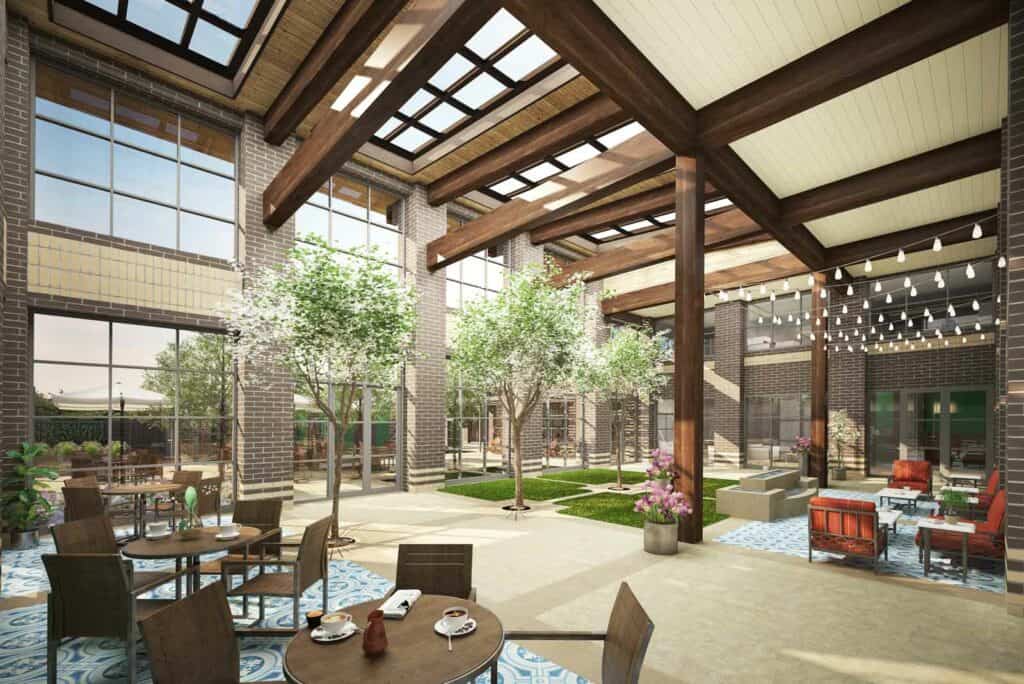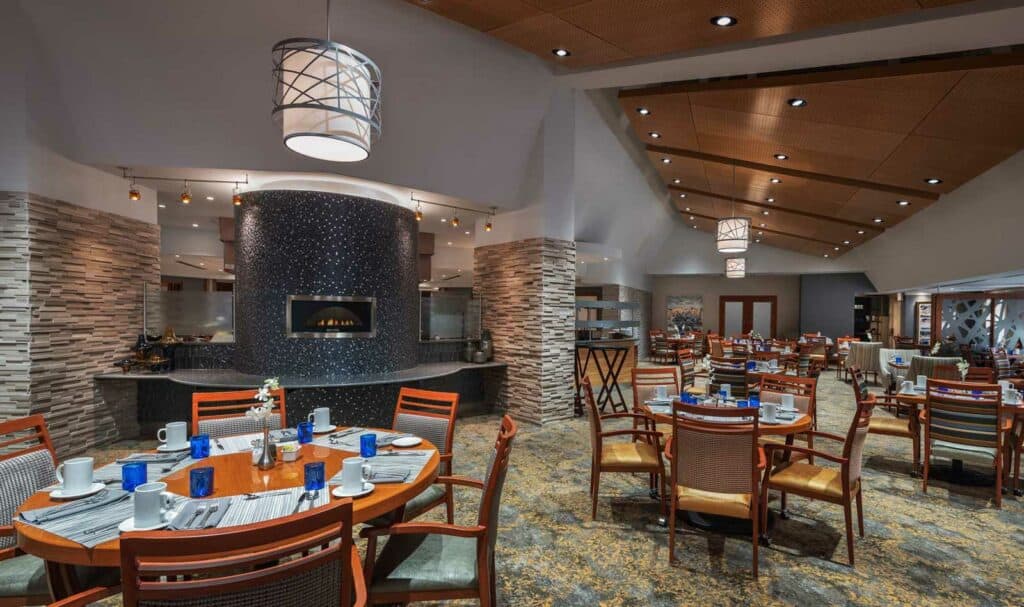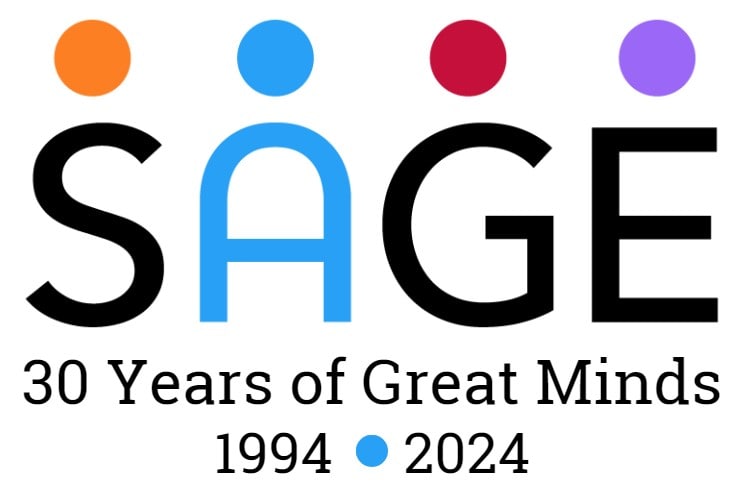Our History
Philosophical Foundation
Since 1994, SAGE has fostered a multidisciplinary membership of individuals who are passionate about the continuing improvement of built environments for seniors. In this 2007 video, SAGE founder David A. Green shares the philosophical shift that has resulted in radical changes in recent decades. David passed away in 2014, but his revolutionary ideas continue to inspire innovation and excellence in the humanization of senior living.
Omnibus Reconciliation Act of 1987
Although the original intent of the Omnibus Reconciliation Act (OBRA) was to positively impact nursing home settings, the principles upon which it is based are applicable to a broad range of living environments for elders.
While OBRA was not written to address the built environment, the SAGE planning committee identified that the OBRA philosophy applied to the built environment as much as to operations. If the built environment is not in alignment with the operational aspects of the environment, then the built environment creates a major barrier to achieving the desired outcomes. On the other hand, if all aspects of the environment, including the built environment, are in alignment with the resident-centered OBRA philosophy, then the objectives of OBRA will be a natural outcome.
The following outlines the key OBRA regulations that influence design:
Maximize the quality of life of each elder
- Maintain or improve well-being:
- General physical and mental health
- Functional status
- Self-esteem
- Relationships
- Appearance
- Protect and enhance elder rights:
- Privacy
- Participation in care planning
- Accommodation of individual needs
- Freedom from chemical and physical restraints
- Opportunity to organize and participate in life fulfilling activities
- Opportunity to voice grievances
- Opportunity to review own medical records
- Assure personal autonomy:
- Availability of choices
- Self-determination
- Access to assistance
Maximize the quality of care given each elder
- Deliver individualized care with respect
- Base care on periodic comprehensive assessment including capabilities and weaknesses
- Provide care needed to attain and maintain highest practical level of well-being
- Provide care by qualified staff 24 hours a day

Baptist Community Services; Firm/Image Creator – Pi Architects

Friendship Village, MDP|Merlino Design Partnership. Eugene Elikh Photography


